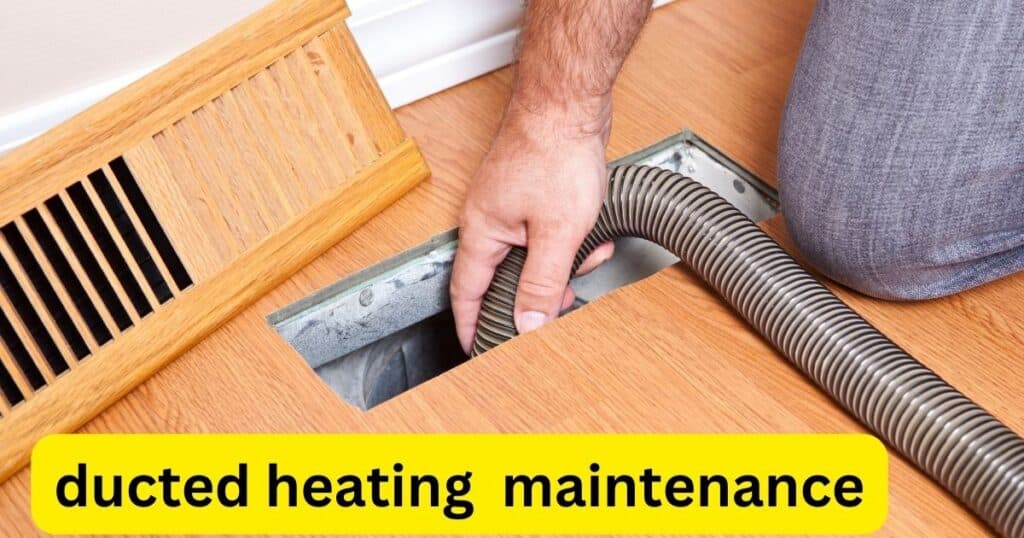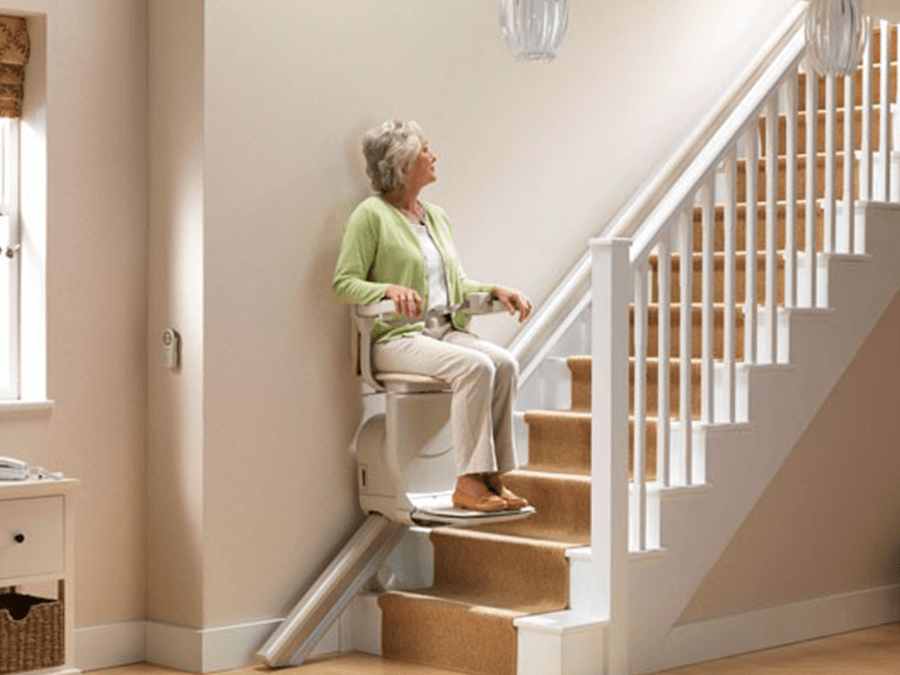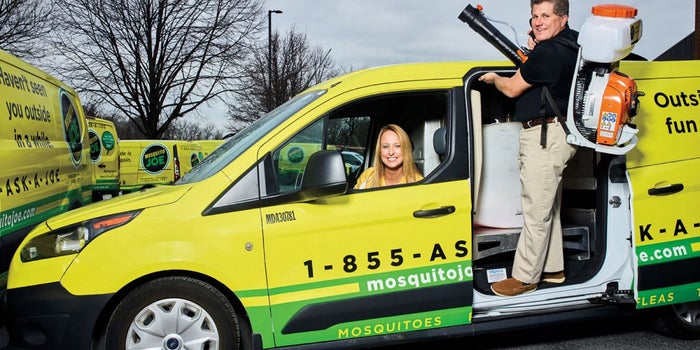Ducted Heating Maintenance Tips: Keeping Your System Running Efficiently

Ducted heating systems are a popular choice for homeowners in Melbourne, providing comfort and warmth during the colder months. To ensure your ducted heating system operates efficiently and effectively, regular maintenance is essential. Neglecting maintenance can lead to reduced performance, higher energy bills, and even the need for costly repairs. In this article, we will explore ducted heating maintenance tips to help you keep your system running smoothly and efficiently throughout the winter.
1. Regular Cleaning
Common Issue: Dust, dirt, and debris can accumulate in your ducted heating system over time, obstructing airflow and reducing efficiency.
How to Address It: Clean or replace your air filters regularly. Depending on usage, filters may need cleaning or replacement every one to three months. Additionally, consider scheduling professional duct cleaning to remove accumulated dust and debris from the ductwork.
2. Inspect and Seal Ducts
Common Issue: Leaky or poorly sealed ducts can lead to heat loss, reducing the overall efficiency of your ducted heating system.
How to Address It: Periodically inspect your ducts for signs of leaks or gaps. Seal any leaks or gaps with appropriate duct tape or mastic sealant. Properly sealed ducts help retain heat and improve heating efficiency.
3. Check Thermostat Settings
Common Issue: Incorrect thermostat settings can lead to inconsistent heating and energy waste.
How to Address It: Ensure your thermostat is set to a comfortable but not excessively high temperature. Consider using a programmable thermostat to create a heating schedule that matches your daily routine, lowering the temperature when you’re away or sleeping.
4. Professional Inspection
Common Issue: Complex ducted heating systems may have hidden issues that require professional assessment.
How to Address It: Schedule an annual professional inspection and maintenance service for your ducted heating in Melbourne. Qualified technicians can identify and address potential problems, ensuring optimal performance and safety.
5. Lubricate Moving Parts
Common Issue: Over time, the moving parts of your ducted heating system, such as the blower motor, may require lubrication to prevent friction and wear.
How to Address It: Check your manufacturer’s recommendations for lubrication intervals and use the appropriate lubricant. Regular lubrication can extend the life of your system and improve efficiency.
6. Clear the Area Around Vents
Common Issue: Obstructed vents can hinder airflow, reducing the effectiveness of your ducted heating.
How to Address It: Ensure that furniture, curtains, or other objects do not block or obstruct air vents. Clear the area around vents to allow for unrestricted airflow.
7. Test Carbon Monoxide Detectors
Common Issue: Ducted heating systems that burn fuel can produce carbon monoxide, a potentially deadly gas. Malfunctioning systems can pose a serious health risk if not detected.
How to Address It: Install carbon monoxide detectors in your home and test them regularly. If you suspect a carbon monoxide leak or your detector sounds an alarm, immediately turn off your heating system and seek professional assistance.
8. Replace or Repair Damaged Components
Common Issue: Over time, various components of your ducted heating system may wear out or become damaged.
How to Address It: Regularly inspect your system for signs of wear or damage, such as frayed wires or corroded parts. Replace or repair any damaged components promptly to prevent further issues.
9. Insulate Ducts
Common Issue: Uninsulated or poorly insulated ducts can lose heat, reducing the efficiency of your heating system.
How to Address It: Consider insulating your ducts, especially those that run through unheated areas like basements or attics. Proper insulation can help retain heat and improve heating efficiency.
10. Upgrade to Energy-Efficient Equipment
Common Issue: Older ducted heating systems may be less energy-efficient and less environmentally friendly.
How to Address It: If your system is outdated and inefficient, consider upgrading to a newer, energy-efficient model. Modern ducted heating systems are designed to provide better performance while consuming less energy, reducing your heating costs in the long run.
Conclusion:
In conclusion, regular ducted heating maintenance is essential to ensure your system runs efficiently and effectively throughout the colder months in Melbourne. By following these maintenance tips, you can improve your system’s performance, reduce energy consumption, and extend its lifespan. Additionally, scheduling professional inspections and servicing will help identify and address potential issues before they become major problems, ensuring your comfort and safety during the winter.













